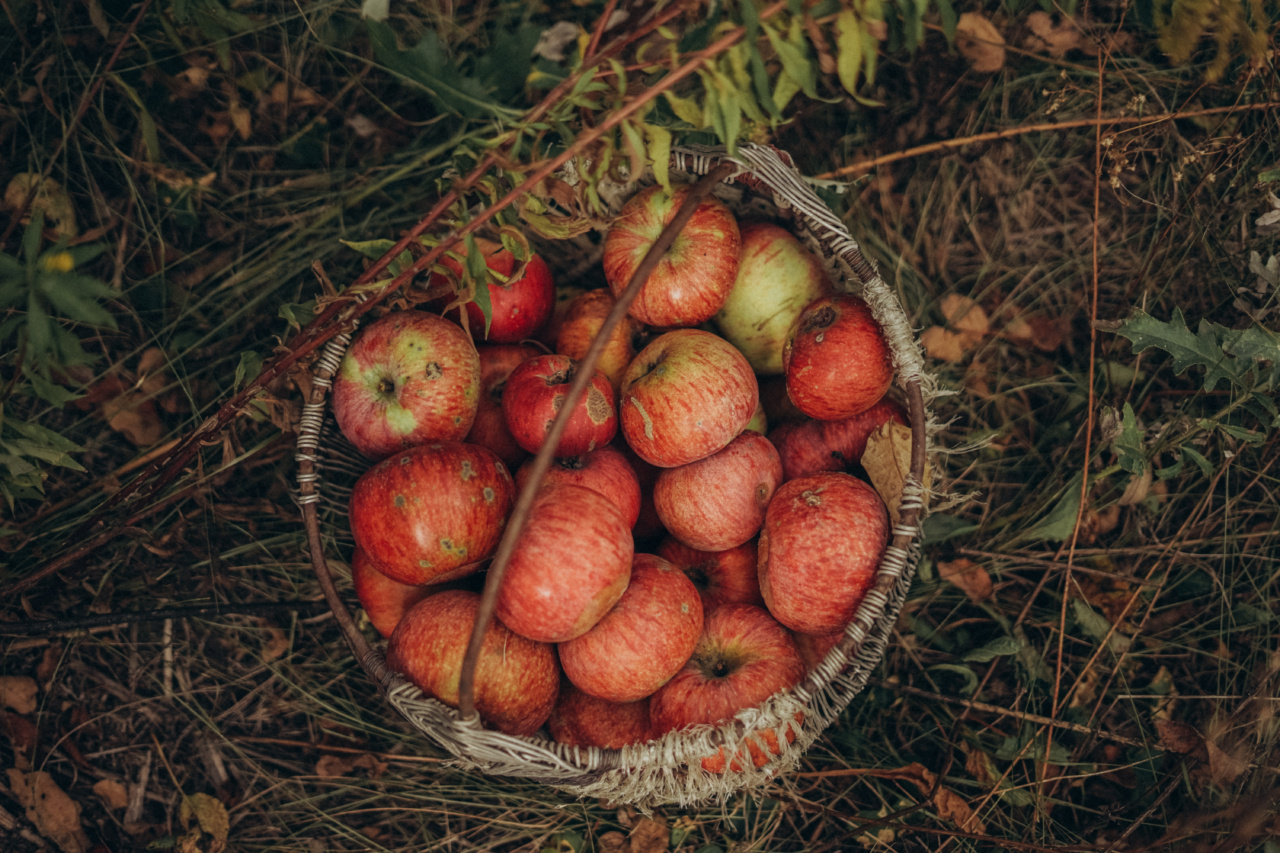Fruit juice has long been marketed as a healthy way to get your daily dose of vitamins and minerals. While fruit itself is undoubtedly a nutrient powerhouse, the same cannot be said for fruit juice.
In fact, many fruit juices that line the grocery store shelves are anything but healthy.
Added Sugar
One of the main reasons why fruit juice is not as healthy as you might think is because of the added sugars. Many fruit juices contain high amounts of added sugar to improve the taste and extend the shelf life.
However, consuming too much sugar has been linked to various health issues such as obesity, type 2 diabetes, and heart disease.
Lack of Fiber
Fiber is an important micronutrient that is essential for digestive health. However, most fruit juices lack fiber because the pulp and skin of the fruit are removed during processing.
This means that even if a juice is made from organic fruit, it is still lacking the fiber that makes fruit so healthful in the first place.
Concentration of Calories
Drinking fruit juice is a quick and easy way to consume a large number of calories. A single cup of juice contains an average of 120 calories. It is very easy to consume more than one serving of juice at a time, leading to an overconsumption of calories.
The result? Your body is getting more calories than it needs, which can quickly turn into excessive weight gain if not balanced with physical activity.
Not a Substitute for Whole Fruits
Fruit juices are not a substitute for whole fruits. While a glass of fruit juice may be convenient, it doesn’t have the same nutritional benefits as whole fruit.
When you eat whole fruit, you are getting all of the fiber and nutrients that the fruit has to offer. Plus, when you eat whole fruit, you may feel more satiated, which can help you eat less overall.
Juicing at Home
If you are a fan of fruit juice, there is a way to enjoy it without falling for the traps of pre-packaged options. Juicing at home can be a great way to enjoy fresh, nutrient-rich juice.
When you juice at home, you can control the amount of sugar, and you can keep the pulp and skin of the fruit, which contains valuable fiber. Plus, you can get creative with your juice concoctions, adding in other healthful ingredients like leafy greens or ginger.
Alternative Sources of Vitamins and Minerals
If you are looking for alternative sources of vitamins and minerals beyond whole fruits and veggies, there are plenty of other options out there. For example, many whole grains and legumes are good sources of vitamins and minerals.
Additionally, a wide range of plant-based milk alternatives, such as almond or cashew milk, are fortified with vitamins and minerals to make up for what may be lacking in your diet.
Conclusion
Fruit juice may seem like a healthy beverage option, but the truth is that many pre-packaged juices are loaded with added sugar and lack the fiber and nutrients that whole fruit has to offer.
Drinking fruit juice can quickly lead to overconsumption of calories and does not provide the same satiety as eating whole fruit. By juicing at home or seeking alternative sources of vitamins and minerals, you can avoid the traps of fruit juice and make healthier choices for your overall health and well-being.






























